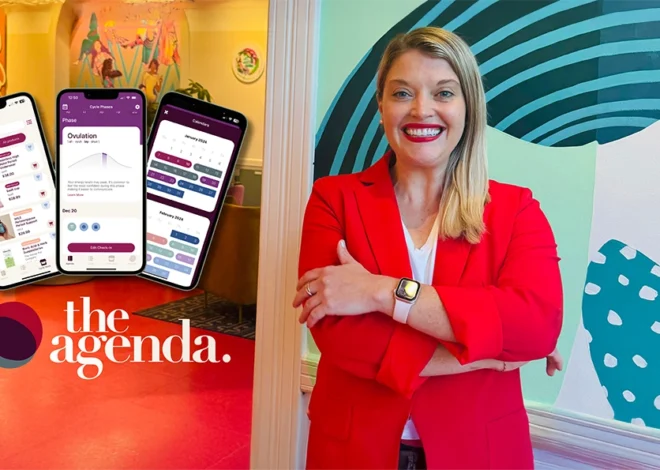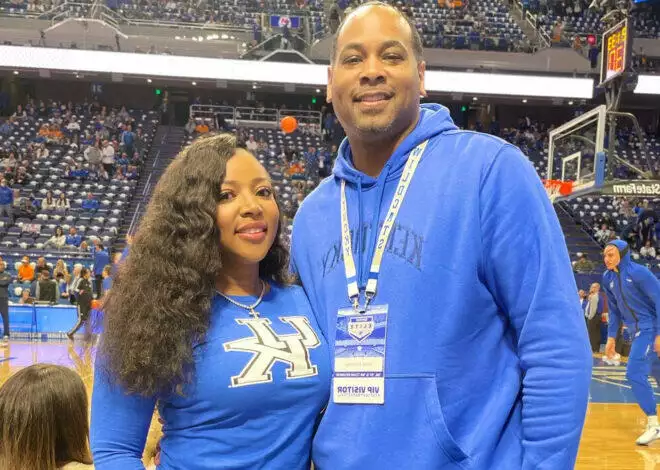Here’s what you need to know about kids and relationship violence:
- It’s incredibly common.
- It can happen to your daughter (or son) no matter your religion, income, school environment, home life or neighborhood.
- Talking about it with your kids TODAY is the best way to prevent them from being abused tomorrow
Here are the statistics: women and girls 16 to 24 are three times as likely to be relationship violence victims. Over 500 women and girls in this age category are killed each year by partners or former partners. Forty-four percent of rape victims are under age 18. Offenders are rarely strangers; 93% of juvenile sexual assault victims, and 80% of victims overall, know their attackers. Between six and ten percent of college men commit rape, between 64 to 96 percent of rapes are never reported; and repeat college rapists attack nearly six victims each during their college years. The majority of rape and domestic violence victims are female, but men and boys can also be victims of rape and assault. Gender stereotypes present daunting challenges for male victims to get help, psychological support, and justice.
These are frightening facts. But the riskiest fact of all? The worst thing you can do for your kids is to pretend they may never be assaulted by an acquaintance or one of their peers.
October is Domestic Violence Awareness Month. This gives you an easy excuse to bring up a difficult subject. I suggest doing so, with the opener being, “I really care about your safety, so I’m going to talk to you about an unpleasant reality that you need to know about.” If you want to use a good video instead of talking yourself, show them Katie Couric’s recent interview with Sharon Love, whose daughter Yeardley was murdered by her college boyfriend a few weeks before their 2010 graduation from the University of Virginia. Or watch this short video or take the 20-question danger assessment created by the One Love Foundation in Yeardley’s memory. These two technology tools show how relationship violence masquerades as romantic love. Another good option, if your child is a precocious reader, is to share my memoir about surviving abuse as a young woman, Crazy Love, or to read it yourself.
Or try this: ask your child if they know anyone who has been abused or assaulted by a romantic partner, a friend, or family member. Don’t be surprised if the answer is yes. We think we’re protecting our kids from abuse by not talking about it, but most kids already know more than we think. According to the Centers for Disease Control, 15 million kids are abused every year. Possessiveness, dominance and gas lighting can start in early teens, typically surfacing between ages 12 to 18, when kids begin their first forays into dating. Or even earlier: when my daughter was only six, a male classmate punched her in the stomach, and his mother told my daughter it was “because he likes you.”
Our societal messages that women deserve to be hit, and that possessiveness, anger and jealousy are flattering to women, instead of signs of immaturity in men, are wallpaper in our culture, hard to demystify because they are so ubiquitous. By staying silent, we parents send the message that relationship abuse is a taboo subject, never to be discussed or acknowledged, or one that you are too clueless to know about. Translation: they cannot turn to you for counsel and protection.
Lastly, one message most parents don’t know or forget to share: tell your children that if they ever are abused, you won’t judge them for it. Believe it or not, victims feel we are letting down our parents by being abused or assaulted. In the movie The Hunting Ground, which explores the incidence of rape on college campuses, victims speak eloquently about how hard it was to confess to their parents that they were victimized. Some could never tell their parents, adding a level of shame and disempowerment to an already devastating psychological and physical assault.
We may not be able to prevent our children from experiencing a brush with relationship abuse in their lifetime. But the good news is that you can inoculate them against internalizing the shame and victim-blaming that too many struggle with after being victimized. Talking about relationship violence is the most powerful tool we parents have to prevent it.





